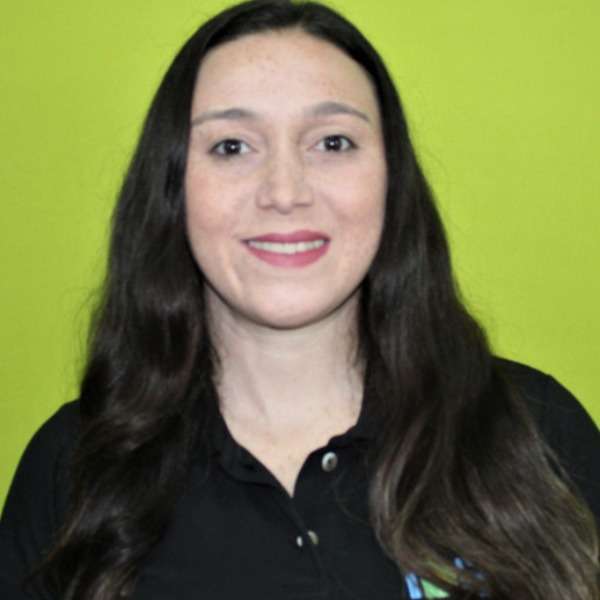Suzana Herculano-houzel, The Brazilian Neuroscientist Who Inspired a Whole Country
Suzana Herculano-houzel is a bright biologist and neuroscientist. She got her degree at the Federal University of Rio de Janeiro (UFRJ). She went abroad to explore the modulation and plasticity of neurotransmission in some of the most prestigious universities in the United States, France, and Germany. She then returned to Brazil as a researcher and professor.
Suzana Hercula-houzel, a Brazilian neuroscientist
Suzana Herculano's research involves comparative neuroanatomy. One of her major contributions was developing a fast and inexpensive method for counting the number of neurons in the brain using immunohistochemistry. Since then, her team has counted the neurons of more than 100 species of animals. Humans, for example, have 86 million (which is less than the previous estimates of 100 million). Of those, 16 million are located in our cerebral cortex, double the amount found in gorillas and orangutans.
When comparing the brains of different species, the scientists came to some conclusions:
• Brains of the same size do not necessarily have the same amount of neurons. For example, the human brain has more neurons than the same size mammal.
• Primate's brain has many more neurons than those of other animals. This is important because neurons are the information processing units: the more neurons you have, the more capacity you have to process information.
• Humans have more cortical neurons than other species. With more neurons, we can make more associations between information.
The scientist and her team also defended the hypothesis that the mastery of food cooking allowed Homo sapiens ancestors to increase their calorie intake to sustain a larger brain, having received great repercussion in the international press. Additionally, she contributed to the development of a formula that explains how the cerebral cortex folds.
Suzana Herculano assumed the role of disseminating the knowledge generated in her laboratory to lay audiences as well. The researcher was the first Brazilian to give a lecture at the global TED. She contributes as a columnist for magazines and newspapers, wrote several books, and received awards for her scientific dissemination work.
She has a strong personality and has always been involved in the political issues that permeate Brazilian science. She even advocated reducing science bureaucracy, increasing funds for research, and professionalizing postgraduate students.
After successive budget cuts in her department, Suzana Herculano-houzel decided to leave the country to continue her research in the United States at the Vanderbilt University. But she is still a brilliant Brazilian scientist and a source of great pride for all of us.
References
Herculano-Houzel, Suzana; Lent, Roberto (9 March 2005). "Isotropic Fractionator: A Simple, Rapid Method for the Quantification of Total Cell and Neuron Numbers in the Brain." The Journal of Neuroscience. 25 (10): 2518–2521. doi:10.1523/JNEUROSCI.4526-04.2005. PMC 6725175. PMID 15758160.
Herculano-Houzel, Suzana; Mota, Bruno (3 July 2015). "Cortical folding scales universally with surface area and thickness, not number of neurons." Science. 349 (6243): 74–77. doi:10.1126/science.aaa9101. PMID 26138976.
https://www.publico.pt/2019/03/27/ciencia/noticia/suzana-herculanohouzel-numeros-celulas-apenas-primata-cerebro
https://piaui.folha.uol.com.br/neurocientista-suzana-herculano-houzel-deixa-o-pais/
Related Articles
Shining Stars on the Other Half of the Sky: 3 Incredible Women Scientists You Should Know
International Women’s Day: Inspiring Influences of Women in STEM
Edavaleth Kakkat Janaki Ammal, an Illustrious Indian Female Scientist
Related Campaign
Reach out to our quiz and story sharing campaign for celebrating achievements of more female scientists.
- Like (4)
- Reply
-
Share
About Us · User Accounts and Benefits · Privacy Policy · Management Center · FAQs
© 2025 MolecularCloud




